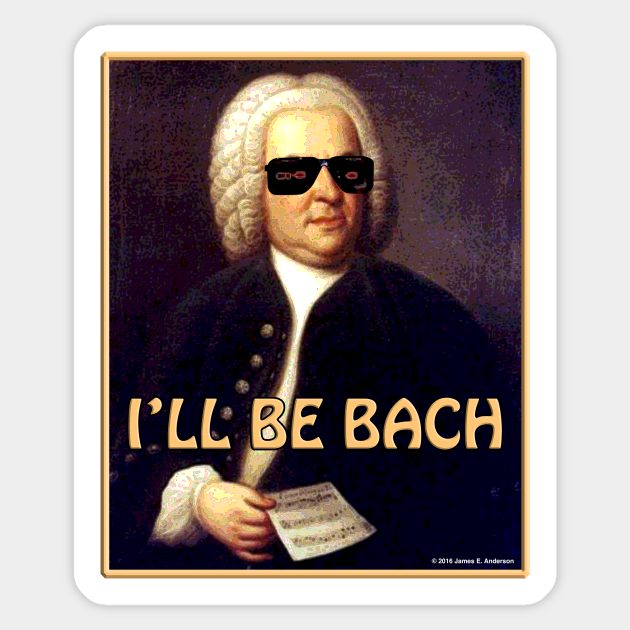https://www.youtube.com/watch?v=B6Loyexw3uk
I’ve been slowly working my way through the huge and unabridged Bach collection I bought a few weeks ago. “Bach’s Greatest Hits”, can you dig it? Actually, its not just his hits, its everything he wrote, or at least, what has survived. There are 153 CDs in the collection, with about an hour’s worth of music on each.
I’m partial to the orchestral and chamber music pieces, especially the keyboard work. But Bach was a kappelmeister, and most of his works were cantatas. These are vocal pieces with musical accompaniment, meant to accompany Lutheran church services. Since I don’t understand German, they are only of musical interest to me. I’ve been playing the cantatas around the house, while I do chores, read, or nap, or I play them on my Walkman when I go for a walk. Sometimes I stick one in my radio to help me go to sleep, or use it when its in alarm clock mode to wake me in the morning. They are the equivalent of Baroque Muzak. Unlike the fugues and the concertos, or the cello suites, this is not a profound intellectual exercise, a mathematical exploration of convoluted overlapping cosmic sonic dimensions. Its just for fun.
But not all the cantatas are religious works. There are quite a few labeled “secular cantatas”, which are in essence, mini-operas. This is the Kaffeekantate–apparently, this potent New World Drug was as controversial three hundred years ago as Cannabis is today.
In Bach’s day, drinking coffee was certainly not without controversy. The text in this Kaffeekantate ‘Schweigt stille, plaudert nicht’, here performed by the Netherlands Bach Society for All of Bach, tells of a girl who is addicted and of women who know their own mind, and sexual innuendo is never far away. If Bach had written an opera, then it could have looked like this.
There are other versions of this cantata with English subtitles, but I suggest you enjoy this one just for the music
alone, and for the delightful performances of the cast. The performance is live, and the acoustics, engineering and staging are superb. Yeah, I’m one of those guys who “hates opera”, but maybe I should look into that genre a bit closer…
English Translation: https://www.uvm.edu/~classics/faculty/bach/BWV211.html
